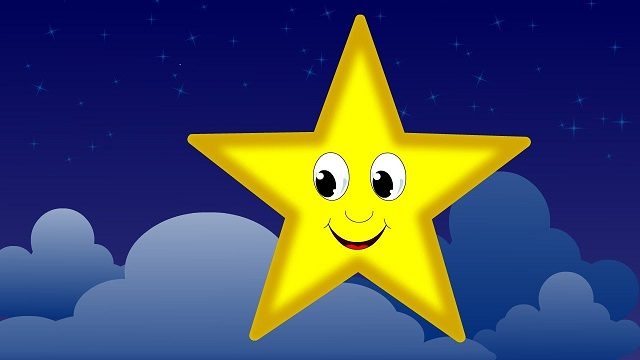“Mary, Mary Quite Contrary” is our “Rhyme of the Week” for our last week of term. We hope that you enjoy singing along with the clip below.
Refresh our page to listen again.
“Mary, Mary Quite Contrary” is our “Rhyme of the Week” for our last week of term. We hope that you enjoy singing along with the clip below.
Refresh our page to listen again.
Our “Rhyme of the Week” to practise this week is “Little Bo Peep”. Click on the link below to listen to Mr. Tumble who will help you learn this rhyme.
Mrs. Irving is here with her son Coll to help you learn our “Rhyme of the Week” but she has a little challenge for you too in this video. Click on the link below to see what she says. We hope that lots of you can join in. Have fun!
This week’s rhyme is “Three Blind Mice”.Click on the video below and join in to help you learn this rhyme.
Refresh our page to hear it again.
This week’s “Rhyme of the Week” is “Hey Diddle Diddle”. Click on the video below to help you learn it with your family.
Refresh our page to watch the video again.
Mrs. Irving and her son have kindly recorded “Incey Wincey Spider” for us all. We hope that everyone can see the video and that you enjoy singing along with them. We are very lucky to have our own little band and hope that it helps you learn the “Rhyme of the Week”.
For “Rhyme of the Week” this week we suggest that you focus on “Incey Wincey Spider”. Click on the link below to remind yourselves of it and try to show your family the actions to go along with it.
You could make your own spider at home – do a drawing or use things like junk packaging or wool to create your own little (or big) spider. I wonder how many legs you will need to add to your spider?
https://www.bbc.co.uk/teach/school-radio/nursery-rhymes-incy-wincy-spider/zr4yt39
To help you learn our “Rhyme of the Week”, Mrs. Irving has recorded Hickory Dickory Dock for us on her accordion. We hope that you all enjoy singing along with her.
 Rhymes are not only fun and engaging for young children but they can make a real difference to their language and literacy. Research suggests that children who have a good understanding of rhyme do better in literacy than children who have poor skills in this area.
Rhymes are not only fun and engaging for young children but they can make a real difference to their language and literacy. Research suggests that children who have a good understanding of rhyme do better in literacy than children who have poor skills in this area.
• The rhythm of nursery rhymes can help children’s listening skills – they are the foundations of the careful listening needed for developing clear speech.
• Rhyme helps children begin to recognise patterns in words and to discriminate between different sounds, for example ‘cat’ and ‘hat’, which are the skills needed in the future when sounding out words for reading.
• Many nursery rhymes and songs also have their own actions that can help to engage even those who struggle to listen and most children enjoy the combination of music and actions. Actions encourage them to take part, engaging them in repetitive songs and rhymes, which in turn support their language development.
• Finally, singing and rhyming is a wonderful way for families to bond with your children. Music is proven to help reduce stress levels and spending just a few minutes a day sharing a song or rhyme together can have a positive impact on everyone’s mental health.
This unprecedented closure of nurseries and schools is an opportunity to have fun with your children, learning lots of different nursery rhymes which will not only be a wonderful experience to share but will also benefit their development for the future. We will put a “Nursery Rhyme of the Week” on our blog during the times that the children would normally have been in Nursery as a suggestion, but the more rhymes they enjoy, the better.
We suggest starting with “Twinkle Twinkle Little Star” as most children are familiar with it and should be able to join in with the words and actions. We will be listening hard for Hecklegirth Nursery children singing “Twinkle Twinkle” all over the town.